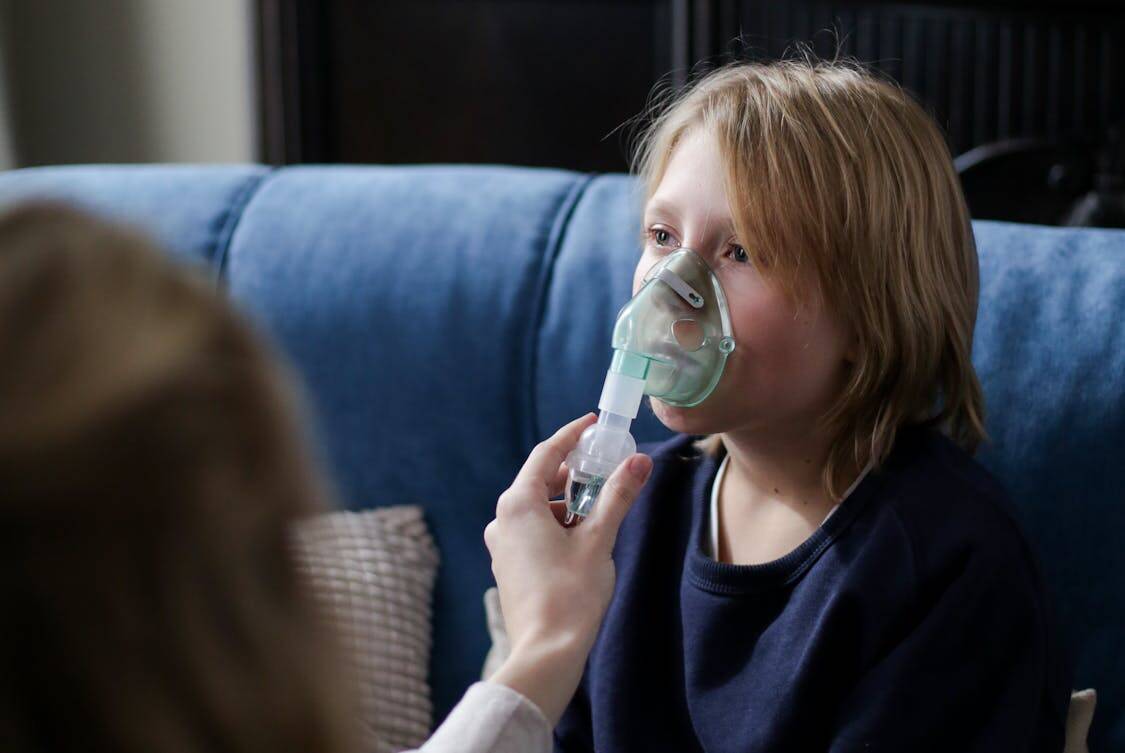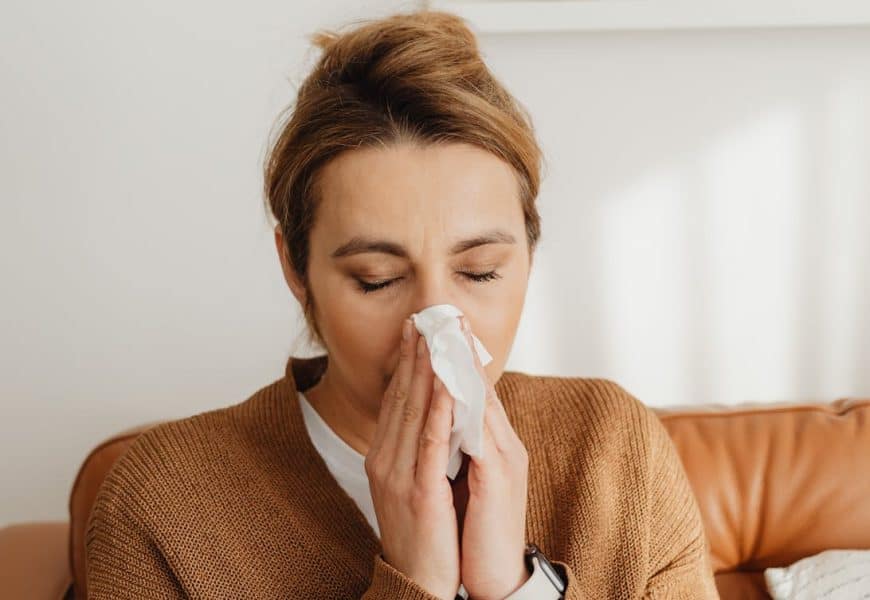Allergy specialists play a pivotal role in patient care by tackling reactions that range from mild annoyances to life threatening events. They bring focused knowledge to diagnose and manage allergic disease and related immune conditions while working closely with primary clinicians and other teams.
Their work often blends clinical practice, research, and education so that patients get tailored plans that fit real life. For many people, a visit to a specialist can mean moving from repeated visits and uncertainty to a clearer plan and steadier health.
The Growing Need For Allergy Care
The prevalence of allergic disease has climbed steadily, creating a heavier demand on health systems and clinics. Urban living, changing diets, and more time spent indoors are part of the story, though local factors shape patterns in each area.
If you’re struggling with recurring allergy symptoms, reaching out to an experienced allergy doctor chicago residents rely on can help identify triggers and build a lasting management plan.
Allergy specialists are able to sort through symptom histories and test results to find patterns that general clinics might miss, turning vague complaints into clear action steps. When flare ups recur, the specialist can act like a steady hand, helping patients find relief and a workable path forward.
Training And Clinical Skills Of Specialists
Allergy specialists complete extended training after general medical education, focusing on immune responses and allergic mechanisms. Their daily work blends careful listening with precise tests and treatment plans, which calls for both technical skill and bedside manner.
They must stay current with shifting evidence so that treatment choices reflect the best available knowledge and practical realities. A rule of thumb in this field is that clear communication often matters as much as the test results.
Diagnostic Tools And Testing Approaches
Accurate diagnosis rests on a mix of history taking and targeted testing that includes skin testing and blood markers, plus challenge procedures when safe. Interpreting results depends on context, since a positive test does not always match the symptoms the patient reports.
Specialists combine objective data with clinical judgement, weighing risks and benefits before suggesting interventions. At times they must bite the bullet and recommend careful exposure tests that clarify whether a substance truly triggers a reaction.
Management Strategies For Common Conditions
Treatment plans range from avoidance and short term medications to longer term interventions that change the immune response over months or years. For many people, daily strategies and brief rescue plans dramatically reduce emergency visits and missed days of work or school.
Specialists tailor plans to patients lifestyle and likely triggers so the approach is not one size fits all but still practical. When patients follow a clear plan they usually report better control and less anxiety about sudden reactions.
Immunotherapy And Long Term Approaches
Allergen immunotherapy offers a pathway to reduce sensitivity by exposing the immune system in a controlled manner, with protocols that are gradual and monitored. This kind of therapy requires commitment and careful follow up, yet for many it means fewer symptoms and a lower need for medicines over time.
Newer approaches aim to refine timing and dosage to boost benefit while keeping risks low. The net effect is that long term options provide a real alternative to merely treating symptoms as they appear.
Pediatric Allergies And Early Intervention

Children often show the first signs of allergic disease with skin or feeding issues, followed by respiratory symptoms as they grow. Early consultation with a specialist can prevent years of trial and error, and can guide safe food introduction and playtime choices for families.
Pediatric care also focuses on education for caregivers so that home and school plans are consistent and calm. When children get early, clear guidance they and their families usually adapt more easily and sleep better at night.
Allergy Specialists And Public Health
Specialists contribute to public health through surveillance of trends and participation in guideline development that shapes broader practice. Their clinical observations can signal rising rates of particular allergies or changes in severity, which helps clinics plan resources.
They also work with schools, workplaces, and community groups to create sensible policies that protect people without causing undue alarm. On the whole, their input helps balance individual needs with community measures that keep everyone safer.
Research And Innovation In Allergy Medicine
Ongoing research drives steady improvements in diagnostic accuracy and treatment options, from refined tests to targeted biologic agents for some conditions. Specialists often take part in clinical studies, translating research findings into practice with careful judgement.
New discoveries change treatment choices slowly but surely, and patients benefit as the evidence base grows. At times a single study can shift thinking, though widespread adoption requires replication and experience.
Patient Education And Shared Decision Making
Good outcomes often depend on clear dialogue where clinician and patient weigh options and preferences together, matching treatment plans to daily life. Allergy specialists aim to explain trade offs plainly so that decisions fit what a person can realistically do and live with.
Simple tools such as written plans and action steps for emergencies help bridge clinic visits and everyday moments. When both parties are on the same page it reduces surprises and builds confidence in the plan.
Collaboration With Other Medical Disciplines
Allergic disease frequently touches other areas like pulmonology, dermatology, and immunology, so specialist care usually involves teamwork across fields. Collaboration allows for coordinated plans that address overlapping issues and avoid conflicting advice.
This team approach helps patients get a fuller picture of what is going on and which paths to try first. It also keeps care efficient, because multiple experts can pool perspectives and save time that might otherwise be spent on repeated testing.
Access Challenges And System Level Considerations
Access to specialist care varies widely, with geography, insurance rules, and clinic capacity shaping who gets timely appointments. Telemedicine has helped narrow gaps by bringing consultation into the home, yet hands on testing still requires in person visits in many cases.
Health systems that plan for demand and train more clinicians can reduce wait times and improve outcomes over the long run. Policy choices at the system level influence whether people find care when they need it or continue with repeated visits and uncertainty.




